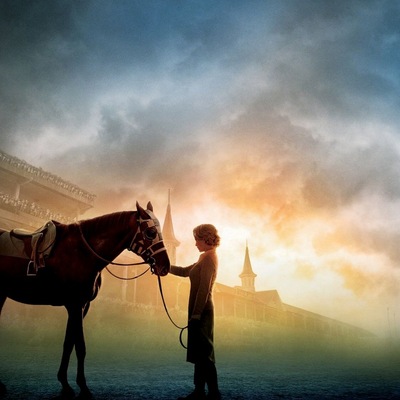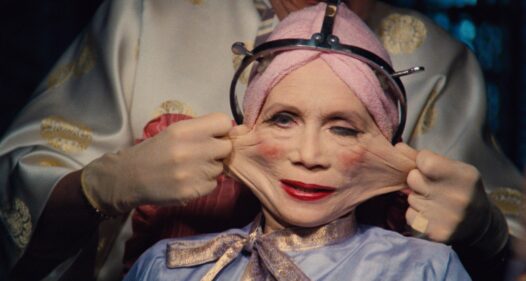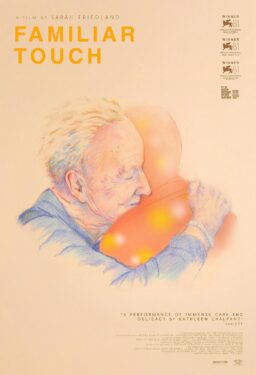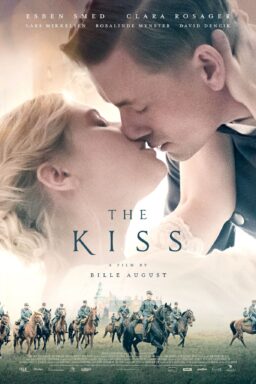I received this comment on my blog entry about “Secretariat” the movie, Secretariat the horse and the discussion about Andrew O’Hehir’s review of the film at Salon.com. It appears under the blog, as do comments by O’Hehir and Bill Nack, author of the Secretariat biography that informed the film. But it is so well-worded and wise that I wanted to call particular attention to it. RE
October 9, 2010
As Penny Chenery’s youngest son, I am fascinated by “Secretariat’s” reception by critics, and the dialogue between Ebert and O’Hehir is to me the most interesting so far. Rather than taking sides about whether the movie is “good” or “bad” (I am far too close to evaluate its merits), I want to comment on the value I see in both reviewers’ perspectives. From their conflicting angles, each shines a light on something I believe to be true about both the movie and the events that gave rise to it.
I understand O’Hehir’s perception of something relentlessly, indeed forcedly, upbeat about the story, perhaps masking a troubling reality underneath. The movie does, indeed, glamorize and improve on my family’s situation in the early 1970s, as it sanitizes the cultural context of that era. In real life, we Tweedys were more riven and frayed by the large and small conflicts of the time, and by the pressures of celebrity into which we were suddenly thrust. The wars between our parents were more bitter, the marriage more broken, and we kids were more alienated and countercultural than the movie depicts. During the pre-race CBS broadcast at the Belmont, Woody Broun interviewed my dad, my siblings and me, asking Jack whether he was the “power behind the throne.” He gamely (and for me now, poignantly) replied that he was proud of his wife, his kids, “and the horse.” Mom had wanted us to be all together for that interview, but away from the cameras we were each living in a separate world. The movie navigates this terrain with a combination of erasure, gentleness, and tact, and from the point of view of my family’s privacy, I am grateful.
But Ebert is right that there is something more — and something better — at work in the movie than simply airbrushing over painful truth. My mother has always known that the “Secretariat story,” and her role in it, filled a deep cultural need. While the country was convulsed by feminism, Watergate and Vietnam, Penny took pains to present as a wife and mother, offering a wholesome, western, maternal female image that paired beautifully with the heroic, powerful male icon that Secretariat was becoming. Our President may have been a Machiavellian liar, our soldiers denounced as baby-killers, and our fathers excoriated as chauvinist pigs as they commuted grimly to work. But here came Secretariat, deeply male, muscular and graceful, his chest lathered with sublimated sex. And on that day in June 1973, when he blew away the field in the Belmont Stakes, he transcended argument, rivalry, even transcended sport itself. In that moment Secretariat gave my family, and gave the public, something like grace.
Now we are again in a cultural moment of war and dissension. My sense is that the movie’s creators didn’t feel the need to portray the convulsions of the early 1970s, in part because today’s audiences carry the burdens of our current convulsions into the theaters with them, hoping to escape briefly to a world they can believe in and admire. I think the movie is offered to satisfy the old hunger for a kingly male and a queenly female, who together strive for something beyond themselves, who seek victory, and achieve grace. Disney has long been in the business of telling this kind of story. The best such films rise to the level of archetype, while lesser ones sink into the mire of cliche, or worse. Whether “Secretariat” succeeds in this mythic leap is for critics to argue, and for audiences to decide. Personally, I’m enjoying the ride, as well as the critical dust it’s kicking up.
John Tweedy
Here is my blog entry, Secretariat was not a Christian. Andrew O’Hehir’s article in Salon.com.












